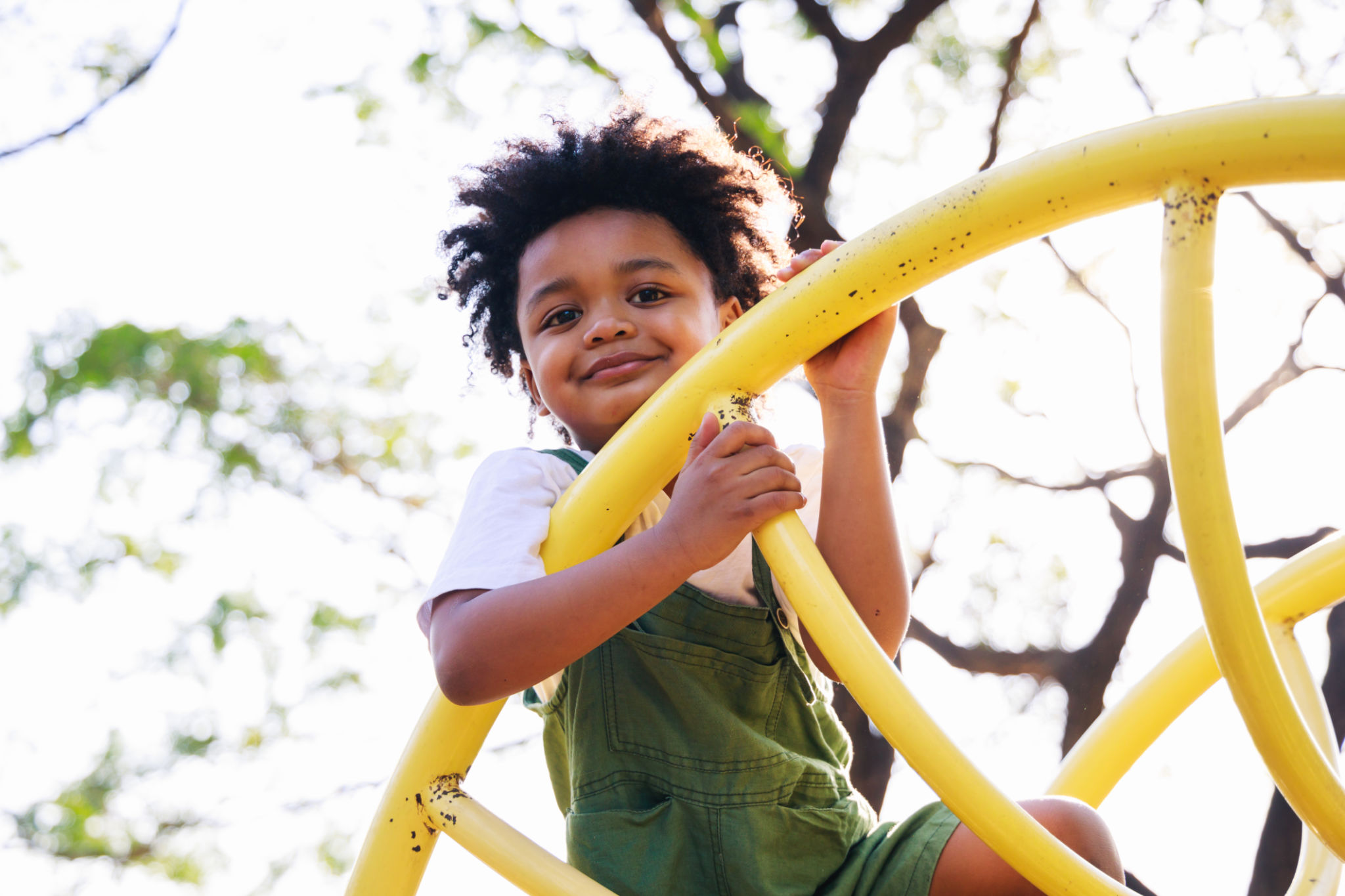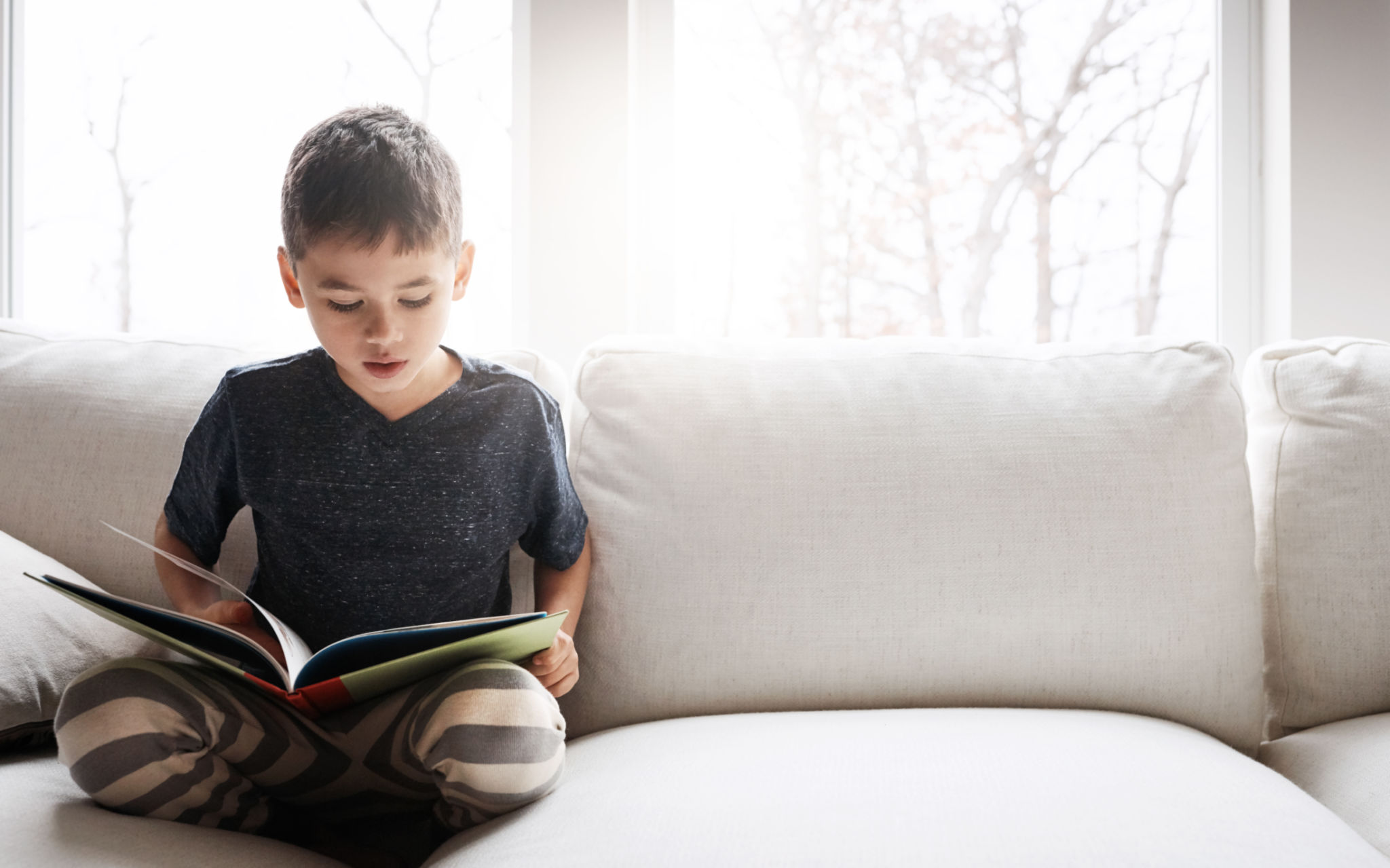Top Emotional and Cognitive Growth Activities for Children at Home
Introduction to Emotional and Cognitive Growth Activities
In today's fast-paced world, ensuring that children experience well-rounded development is crucial. Emotional and cognitive growth activities at home can play a significant role in nurturing young minds. These activities not only enhance learning but also build emotional intelligence, preparing kids for future challenges.

Creative Arts and Crafts
Engaging in arts and crafts is an excellent way for children to express themselves creatively. This activity encourages imaginative thinking and helps develop fine motor skills. By providing a variety of materials like colored paper, crayons, and glue, parents can create an enriching environment where kids feel free to explore their creativity.
Benefits of Art in Emotional Growth
Art allows children to express their emotions in a non-verbal way. Through drawing or painting, kids can communicate feelings they might not be able to articulate verbally. This can lead to better understanding and management of their emotions as they grow.
Storytelling and Reading
Storytelling and reading are powerful tools for cognitive development. Reading with children not only improves their language skills but also enhances their ability to understand complex concepts. By introducing stories with diverse characters and settings, parents can broaden children's perspectives and empathy.

Encouraging Imaginative Play
Imaginative play, such as pretend games or role-playing, allows children to explore different roles and scenarios. This type of play is essential for cognitive growth as it enhances problem-solving skills and boosts creativity. Providing costumes or props can make these activities even more engaging.
Mindfulness and Meditation
Introducing mindfulness and meditation practices at an early age can significantly impact a child's emotional well-being. Simple breathing exercises or guided imagery can help children learn to focus better and manage stress. These practices encourage relaxation, leading to a calmer mind ready for learning.

Building Emotional Resilience
Mindfulness activities can also contribute to building emotional resilience. By teaching children how to recognize and regulate their emotions, they become more equipped to handle life's ups and downs. This foundation of emotional intelligence is invaluable as they navigate through school and social situations.
Science Experiments and Exploration
Conducting simple science experiments at home can stimulate curiosity and critical thinking. Activities such as growing a small garden or creating a volcano model engage children in hands-on learning, making abstract concepts more tangible and understandable.
Key Takeaways
- Focus on activities that encourage both emotional expression and cognitive development.
- Incorporate a diverse range of experiences from arts to science.
- Create a supportive environment that fosters curiosity, creativity, and resilience.
By integrating these activities into daily routines, parents can significantly contribute to their children's emotional and cognitive growth. The benefits of such engagement are profound, laying the groundwork for well-rounded individuals ready to face the world.
